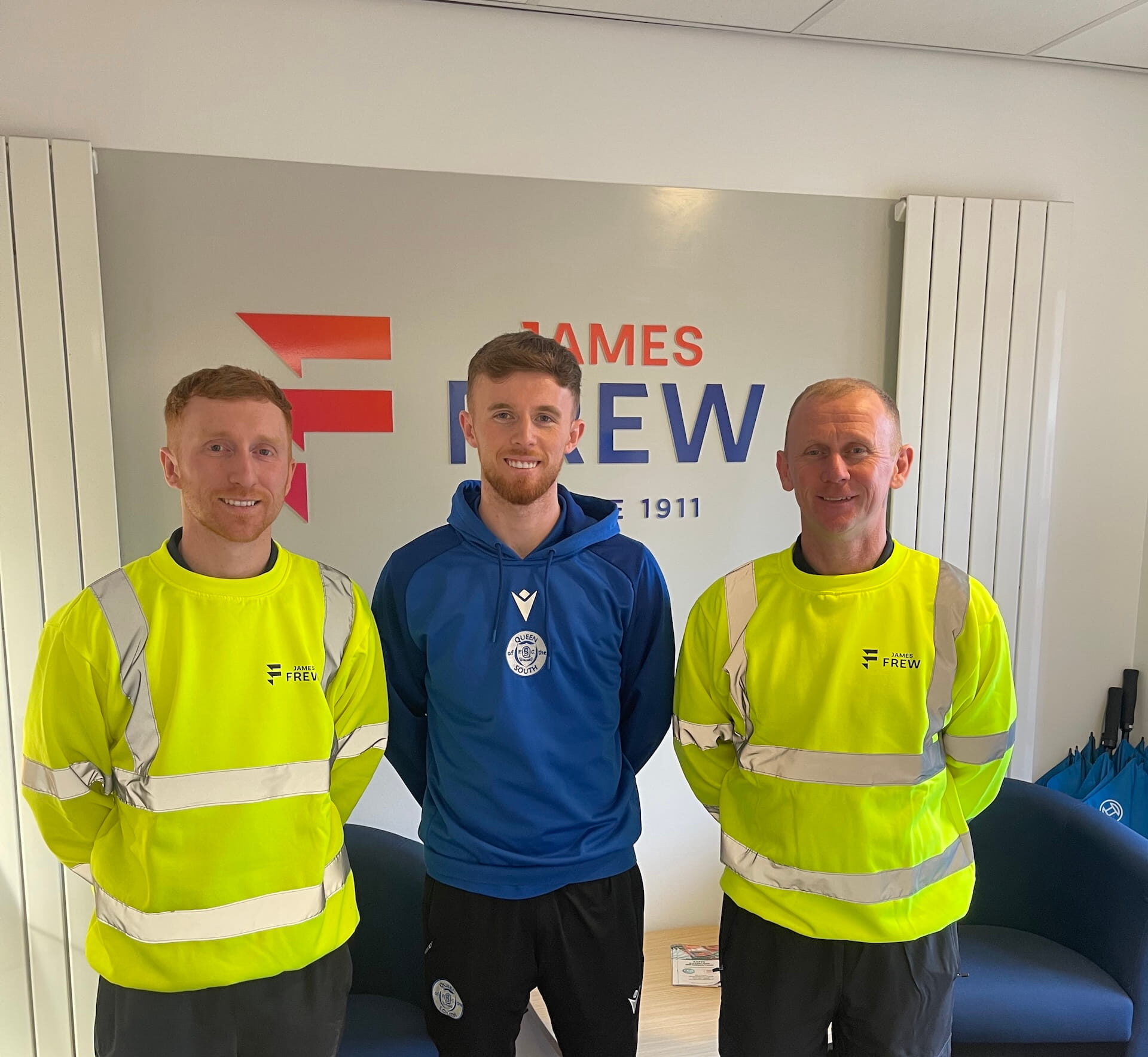It’s normal for boiler pressure to rise slightly during use, but if it gets too high, you should release excess pressure quickly to avoid a system shutdown.
In this article, we’re breaking down common causes for high boiler pressure and what to do when your boiler pressure is too high.
Quick summary
How to fix high boiler pressure
- Boiler pressure should be between 1 and 1.5 bar when cold.
- Bleed your radiators to release trapped air and lower pressure.
- Close both filling loop valves to stop excess water entering the system.
- Call a Gas Safe engineer if the expansion vessel or pressure relief valve is faulty.
- Still unsure? Contact James Frew for expert support.
What should boiler pressure be?
Most boilers should sit between 1 and 1.5 bar, usually marked by a green zone on the pressure gauge. Check your manual for specifics.
Anything below this range will result in low boiler pressure.
- Low pressure means that there isn’t enough water in the system to circulate around your home, making it harder to heat and stay warm.
Anything above this range will result in high boiler pressure.
- High pressure will often occur when both hot water and heating are needed simultaneously, but when the pressure is too high for an extended period of time, this may be a sign of a potential fault that requires professional assistance.
Why does boiler pressure get too high?
A small increase in pressure is normal during use. But if the pressure stays high or rises past the safe range, there could be a deeper issue.
Your boiler system is overfilled with water
Overfilling the system (often from leaving the filling loop valve open too long) can cause high pressure.
You can repressurise the central heating system by bleeding radiators throughout your home. This should help rebalance the air and water in the system and reduce boiler pressure.
How to bleed a radiator to lower boiler pressure:
- Turn off your heating system and let it cool.
- Insert a radiator bleed key (or flat-head screwdriver) into the bleed valve.
- Turn anti-clockwise until you hear air escaping.
- Catch any water that leaks with a cloth or container.
- Once water starts flowing steadily, tighten the valve again.
- Check your pressure gauge — it should now be in the green zone.
How quickly should boiler pressure drop after bleeding?
Pressure should reduce almost immediately after bleeding. If it doesn’t fall or continues to rise, there may be another issue like a faulty filling loop or expansion vessel.
Your filling loop valve is open
If you’ve adjusted the pressure with both filling loop valves, it may be that these haven’t been closed properly. If the filling loop valve remains open, it will let a steady flow of water into the system that causes high boiler pressure.
Luckily, this is a super quick fix that can make a big difference.
How to close the filling loop valve to reduce boiler pressure:
- Locate the filling loop valves – these are usually found near the pipework below your boiler (check your boiler manual if unsure).
- Turn both valves clockwise until they are fully closed. This stops water from entering the system.
- Watch the pressure gauge – as water flow stops, boiler pressure should begin to fall back into the normal range (typically 1–1.5 bar).
How do I know if the filling loop valve is open?
If boiler pressure keeps rising even after bleeding radiators, the filling loop valve may still be open. Check the valve handles beneath your boiler — if they’re aligned with the pipe, they’re likely open. Turn them clockwise to close.
You have a faulty expansion vessel
The expansion vessel maintains the correct level of pressure in the system. Most heating systems, especially combi boilers, include an expansion vessel.
As water heats and expands, boiler pressure rises. The expansion vessel absorbs this change to keep pressure stable. The air in an expansion vessel compresses to allow for this change and keep the pressure consistent, ensuring your central heating or hot water systems continue to work.
This means if there’s not enough air in the vessel, your boiler pressure may become too high and cause potential long-term damage.
What to do:
- Unfortunately, a faulty expansion vessel isn’t a DIY job and will require a heating engineer to take a look.
- At James Frew, our team of Gas Safe engineers is experienced in dealing with this very problem, and can often provide a solution to fix any high pressure issues without investing in a brand new boiler.
Can a faulty expansion vessel cause high pressure all the time?
Yes. If the air inside the expansion vessel is low or the diaphragm is damaged, the boiler has nowhere to absorb expanding water, so pressure remains high even when heating is off.
Your pressure relief valve is broken
The pressure relief valve opens to release excess pressure, and closes when the system returns to a safe level.
The pressure relief valve works by letting out any excess hot water or steam via an overflow, normally a copper pipe, until the pressure has dropped to a safe level.
What to do:
- A faulty valve can be caused by many things, including blockages, pipe leaks or corrosion, so the problem isn’t always evident.
- This is another boiler pressure problem that requires a Gas Safe engineer to fix. A boiler engineer should be able to investigate the problem and complete checks to determine the root of the issue.
What are the signs of a broken pressure relief valve?
Common signs include dripping water from the overflow pipe, visible corrosion, or pressure that climbs too quickly. These issues require a Gas Safe engineer to investigate.
Is high boiler pressure dangerous?
High pressure usually isn’t dangerous — modern boilers shut off automatically if pressure exceeds safe limits.
However, in some cases, such as a broken pressure relief valve, these safety devices may not trigger as efficiently as they should.
This is why you shouldn’t leave any boiler pressure issues to chance – if you’re unsure, speak to a qualified engineer for further guidance and assistance.
When to call a professional
While bleeding radiators or closing a filling loop can resolve simple issues, high pressure that keeps returning may indicate deeper faults. That’s where James Frew Ltd can help:
- Same-day emergency response
- Fully qualified Gas Safe engineers
- Power flushing and TRV replacements
- New A-rated boiler installations with 0% finance options
Gas Safe compliance is a legal requirement for all work on pressurised boiler systems, including diagnostics and replacement of expansion vessels, PRVs, and internal seals.
Why choose James Frew?
With over 100 years of experience serving customers across Scotland, we provide professional and friendly support when you need it most. Whether it’s a quick fix or a complete system upgrade, we’ll provide the right solution with no unnecessary upselling.
- Gas Safe engineers
- Worcester Bosch and Ideal boiler partners
- 4.6-star rating on Google
- 0% finance and flexible payment options
Call us on 01294 468113 or complete our online enquiry form for fast, local support.


